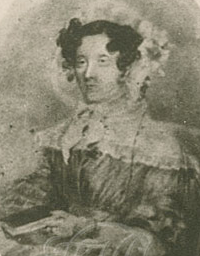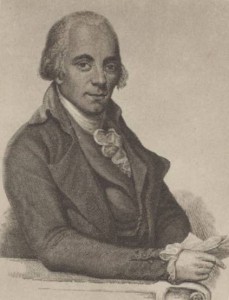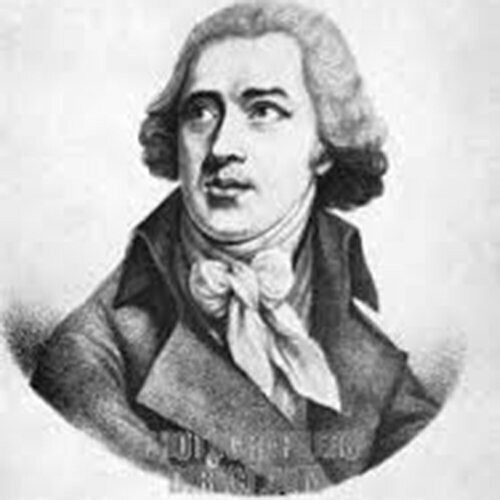
Katharina Cibbini-Koželuch
Politically shrewd, he managed to secure a court appointment, and he married into nobility. And thus, Maria Apollonia Allmayer von Allstern, daughter of a prominent and knighted lawyer, became his wife. The marriage produced four children, and ended in a terribly acrimonious divorce—including lengthy court battles—in 1796.
Katharina, the eldest child was born in 1785 and after theory and piano lessons with her father, she became a student of Muzio Clementi. In a letter to his London business partner, Leopold Koželuch speaks of plans to present 13-year-old Katharina to the public in England as an excellent pianist and singer within two years. For one reason or another, the England trip did not materialize, and Katharina made her début in Vienna as a concert pianist in 1805. She was quickly considered one of Vienna’s best pianists, and rumors suggested that Beethoven wanted to marry her!

Muzio Clementi
Her playing was “infused with impressive dexterity, delicacy, profound feeling and valuable knowledge of art,” and as a sought-after piano teacher, she taught Leopoldine Blahetka and Archduchess Sophie of Austria.

Prince Metternich
Her compositions include works for solo piano and chamber music, and show “compositional skill and a taste for virtuosity.” However, Katharina was not merely influential in musical matters, she also left her mark on daily politics. Demanding the freedom of the Austrian press—in opposition to Prince Metternich who had to resign as Chancellor of the Austrian Empire in the liberal revolutions of 1848—she became the target of numerous pamphlets and caricatures and featured prominently in the newspapers of the time. Katharina remained in court service until her death in 1858.
Katharina Cibbini-Koželuch: Six waltzes pour piano-forte, Op. 6 (excerpts)


